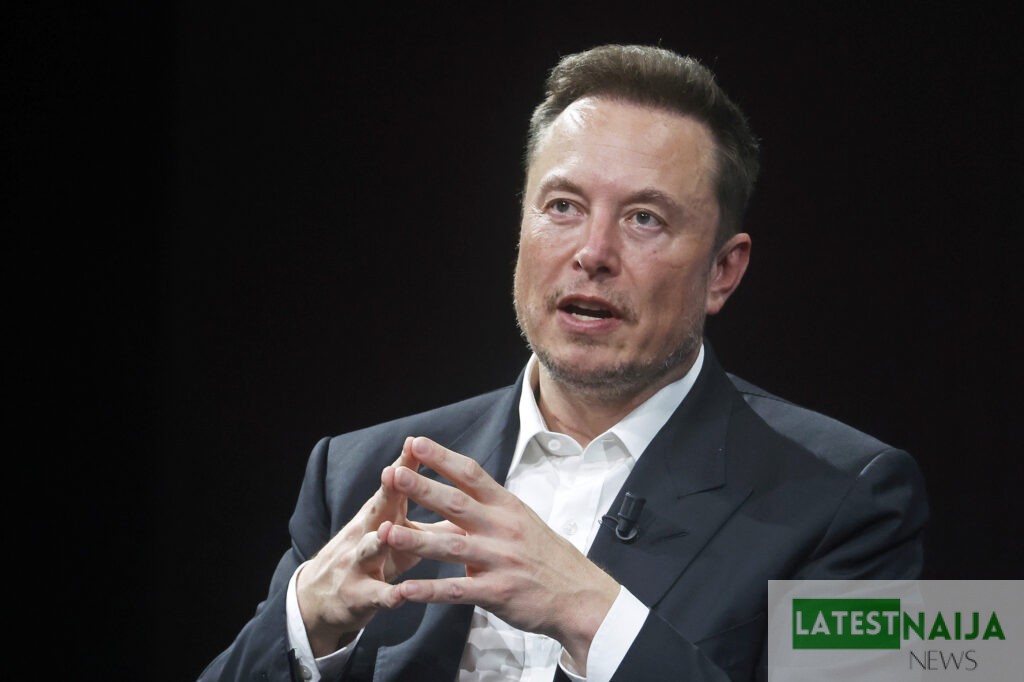
A Delaware court has rejected Tesla CEO Elon Musk’s record-breaking $56 billion pay package, a decision that has stirred fresh controversy and prompted Tesla to vow an appeal. Judge Kathaleen McCormick upheld her January ruling, asserting that the compensation plan, approved by shareholders in 2018, was unduly influenced by Musk.
“This ruling, if not overturned, means that judges and plaintiffs’ lawyers run Delaware companies rather than their rightful owners – the shareholders,” Tesla stated in a post on X (formerly Twitter). Musk echoed these sentiments, writing, “Shareholders should control company votes, not judges.”
The Case Against Musk’s Compensation
Judge McCormick described the package as the largest ever for a publicly traded company’s CEO, concluding it was not adequately justified. The court ruled that Tesla’s arguments failed to demonstrate the fairness of the plan, which allowed Musk to acquire significant stock options if the company met aggressive performance goals.
A Tesla shareholder, who filed the lawsuit, contended that the plan’s approval process was flawed, with board members overly influenced by Musk. The court agreed, further ordering Tesla to pay $345 million in legal fees to the plaintiff, though the shareholder’s demand for $5.6 billion in Tesla shares was denied.
Broader Implications
The decision raises questions about corporate governance and conflict-of-interest laws, particularly in Delaware, where many U.S. companies are incorporated. Experts like Charles Elson, of the University of Delaware’s Weinberg Center for Corporate Governance, said the ruling highlights issues with Tesla’s board oversight and the disproportionate size of the pay package.
“You had a board that wasn’t independent, a process dominated by the CEO, and a package that defied reasonable bounds. It’s quite a combo,” Elson remarked.
Observers warn that a reversal of the ruling could weaken safeguards for shareholders, especially minority investors.
Tesla Eyes Legal Workaround
Speculation has emerged that Tesla could attempt to revive a similar compensation plan in Texas, where the company relocated its legal base earlier this year. Such a move could sidestep Delaware’s stricter corporate governance standards.
Musk’s Expanding Influence
The ruling comes as Musk’s public profile continues to grow. Following Donald Trump’s victory in the 2024 U.S. presidential election, Musk was named to lead the newly formed Department of Government Efficiency (Doge), tasked with cutting bureaucracy and restructuring federal agencies.
With a current net worth of $350 billion, according to Bloomberg, Musk remains the world’s richest person, using his platform to weigh in on topics ranging from politics to technology.


Comments are closed.